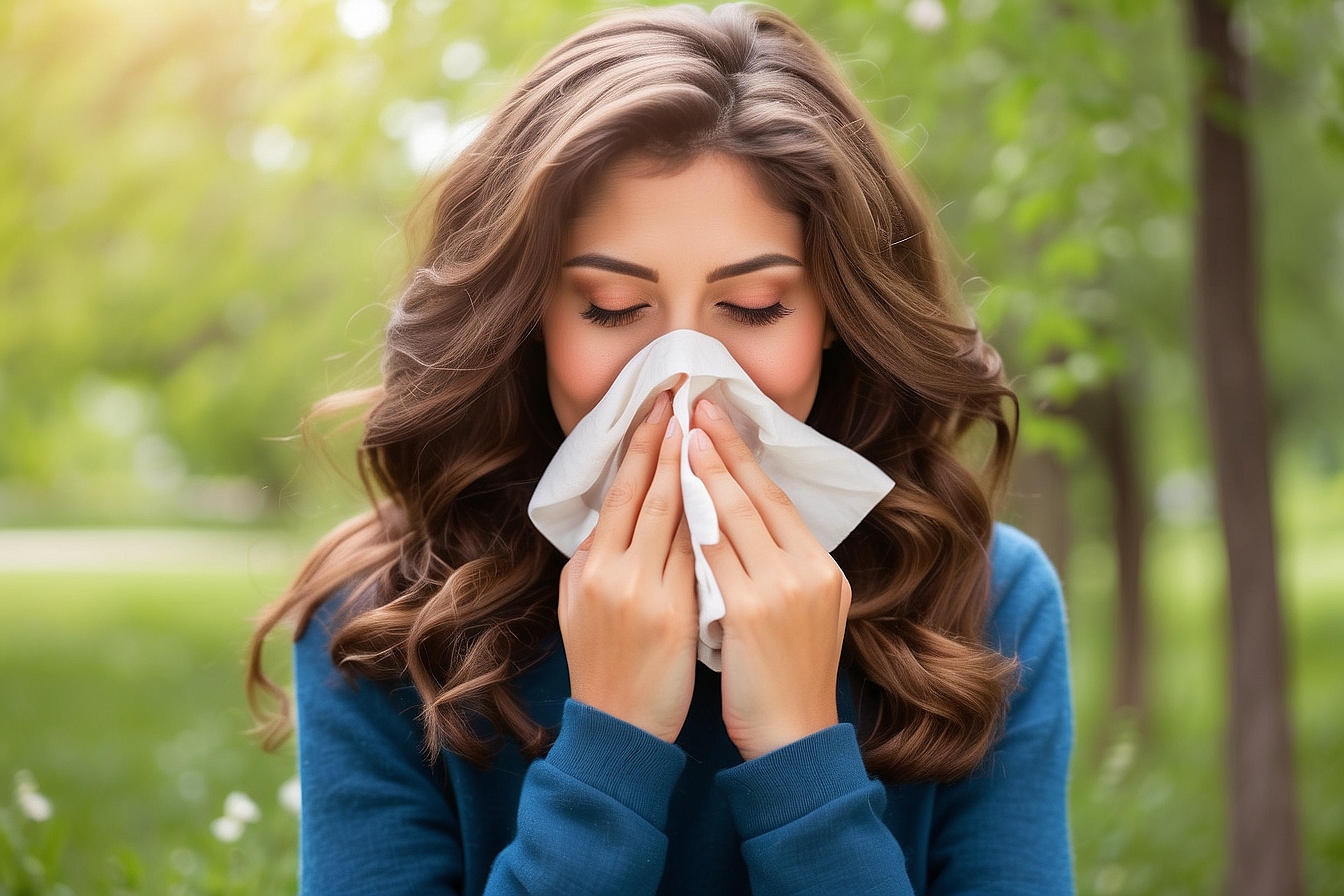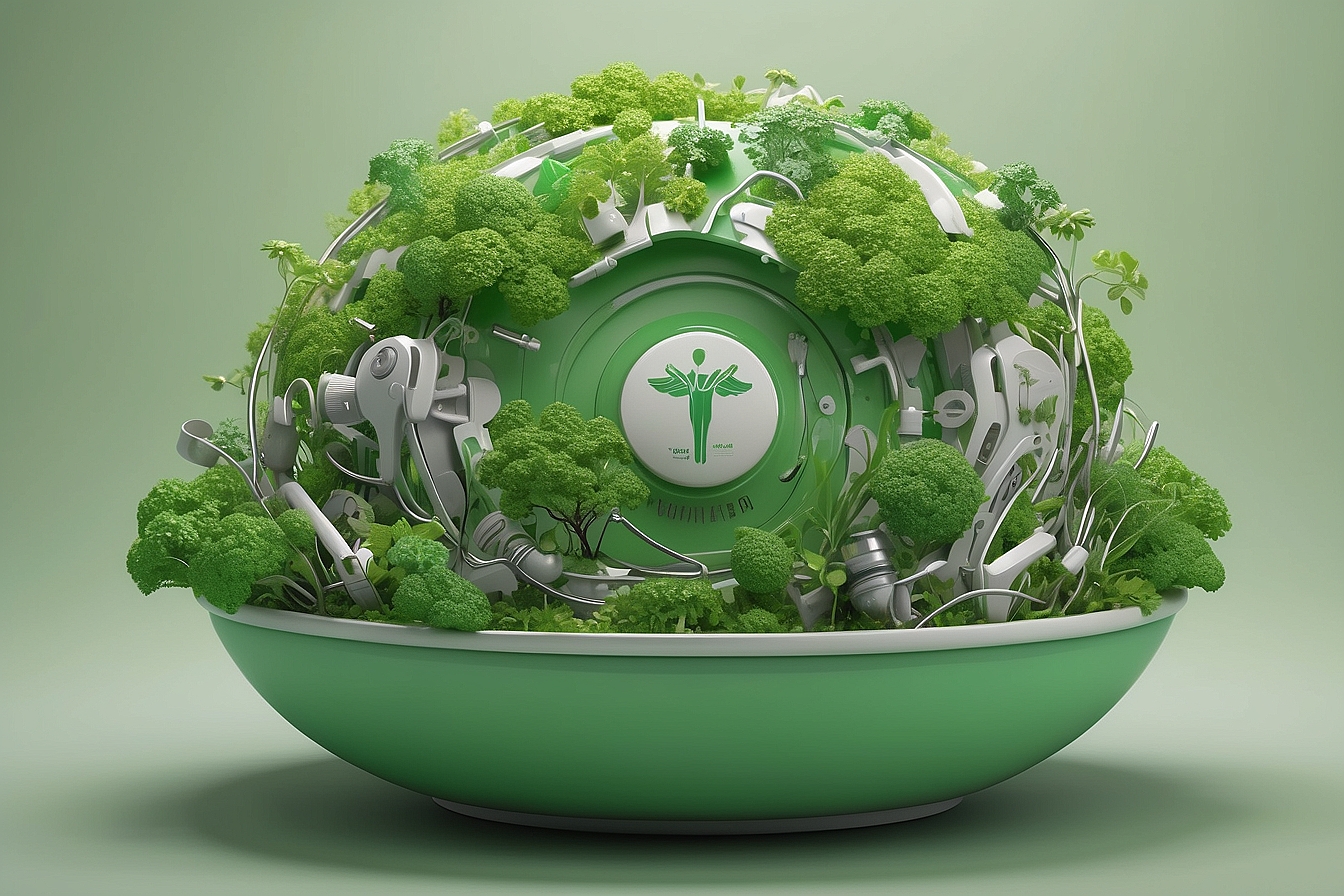We all know that familiar feeling, as the clock ticks past lunchtime and our get-up-and-go seems to have well and truly got up and gone. You’re not alone in this – many of us have realised that a drop in energy levels might just be a tell-tale sign we haven’t been sipping enough H2O.
Water makes up a staggering three-fifths of our body weight, after all. Our latest blog post delves into the reasons why keeping yourself properly hydrated with water as pure as nature intended isn’t merely critical for staying alive – it’s also key to maintaining your vim and vigour! So come along for an enlightening read packed with handy hints that will help ensure you stay quenched and full of beans throughout your day.
Key Takeaways
- Drinking clean water is essential for maintaining overall health, as it prevents dehydration – related issues like headaches, fainting, and constipation.
- Staying hydrated improves physical performance by ensuring muscles work efficiently and supports vital bodily functions such as temperature regulation and digestion.
- Consuming at least 8 glasses of water a day is recommended, but individual needs may vary; it’s important to adjust intake based on factors like climate and activity level.
- Healthier hydration choices include herbal teas, coconut water, and flavoured water with fresh fruit or herbs – these alternatives offer the benefits of hydration without added sugars or caffeine.
- Access to clean drinking water is not only crucial for personal health but also for environmental sustainability by reducing reliance on single-use plastic bottles.
Why Hydration is Important for Health
Proper hydration is crucial for overall health. Without enough water, the body can experience headaches, fainting, and dehydration. It’s important to drink enough clean water to prevent these issues and maintain optimal health.
Headaches
We all know the discomfort of a throbbing headache, and often it’s our body signalling that we need more water. Staying hydrated helps maintain the brain’s fluid balance, which wards off both headaches and migraines.
If we ignore these signals to drink enough clean water, dehydration kicks in and can trigger painful headaches or even migraines as a result.
To keep these unpleasant symptoms at bay, we make sure to sip on purified water throughout the day. It’s not just about quenching thirst — it’s about keeping our bodies functioning smoothly.
With adequate hydration from a pure water supply, we support our health and help prevent those disruptive headaches that can derail an otherwise productive day. By choosing filtered or bottled water, we also ensure what we’re drinking is free from harmful contaminants that could harm us—and the environment over time.
Fainting
Dehydration can also lead to fainting. When we don’t drink enough water, the body struggles to maintain a stable blood pressure level, which in turn can cause dizziness and light-headedness.
This can result in fainting episodes, as the brain isn’t receiving adequate blood flow and oxygen due to low blood pressure from dehydration.
Furthermore, electrolyte imbalances due to lack of hydration can also contribute to an increased risk of fainting. Without sufficient fluids and electrolytes like sodium and potassium, our bodies cannot regulate nerve impulses and muscle function properly, potentially leading to loss of consciousness.
Preventing dehydration
To prevent dehydration, it’s essential to drink an adequate amount of clean water throughout the day. Dehydration occurs when your body loses more fluids than it takes in, leading to symptoms such as dizziness, dry mouth, and fatigue.
By drinking water consistently and choosing healthier drink options like herbal teas or infused water, you can help maintain proper hydration levels. Additionally, consuming water-rich foods such as fruits and vegetables can also contribute to preventing dehydration by providing your body with additional fluids.
Remembering to stay hydrated is crucial for supporting overall health and wellbeing. It’s important for individuals who are environmentally conscious to understand the significant impact of hydration on their bodies while making efforts towards conserving resources like clean drinking water.
Benefits of Drinking Enough Water
Drinking enough water improves physical performance, prevents headaches, and helps to prevent constipation. Keeping the body well-hydrated is essential for overall health and well-being.
Improved physical performance
Drinking enough water has a direct impact on physical performance. Adequate hydration helps to maintain proper body temperature, improves endurance, and reduces fatigue during physical activity.
When we stay hydrated, our muscles work more efficiently, which can enhance overall athletic performance.
Hydration is crucial for optimal muscle function and joint lubrication. Without sufficient water intake, the risk of muscle cramps and injuries increases. As environmentally conscious individuals supporting conservation and environmental health, prioritising hydration with clean water ensures that we are able to perform at our best physically while reducing plastic waste from single-use bottles.
Preventing headaches
Drinking enough water can prevent headaches by helping to maintain proper hydration levels in the body. Dehydration can lead to a drop in blood volume which reduces the flow of oxygen and blood to the brain, causing headaches.
By staying hydrated, we can avoid this issue and keep our minds clear and alert.
Ensuring that we drink enough clean water throughout the day is vital for preventing headaches and maintaining overall health. It’s important not only during hot summer months but year-round, so it’s crucial to incorporate regular water intake into our daily routines.
Preventing constipation
To prevent constipation, we should drink plenty of clean water throughout the day. Water helps to keep our digestive system functioning properly, making it easier for waste to pass through our intestines.
Dehydration can lead to harder stools and difficulty passing them, so staying well-hydrated is crucial in preventing constipation.
Additionally, eating a diet rich in fruits and vegetables with high water content can also contribute to preventing constipation. These foods help add bulk and softness to stool, making them easier to pass.
Tips to Stay Hydrated
Drink at least 8-10 glasses of water a day, and remember to drink water throughout the day, not just when you’re thirsty. Find out more about the importance of hydration with clean water in our blog!
How much water to drink
It’s important to drink enough water every day, aiming for around 8 glasses or 2 litres. However, individual needs may vary depending on factors like age, activity level, and climate.
In hotter weather or during physical activity, increasing water intake is crucial to stay hydrated. Fruits and vegetables with high water content also contribute to overall hydration levels.
Ensuring that we drink an adequate amount of clean water is essential for maintaining good health and preventing dehydration-related symptoms such as headaches and fatigue. Monitoring our hydration levels and adjusting our water intake accordingly can help us stay healthy and energised throughout the day.
Importance of drinking water throughout the day
Drinking water throughout the day is vital for maintaining our body’s hydration levels. When we spread out our water intake, it helps to regulate body temperature, aid digestion and nutrient absorption, and support overall bodily functions.
By drinking water consistently throughout the day, we can prevent dehydration and maintain optimal health.
Ensuring that we drink enough water during the day supports energy levels, concentration, and physical performance. Additionally, by choosing healthier drink options such as herbal teas or infused waters over sugary or caffeinated beverages, we can further enhance our hydration levels without compromising on taste.
Staying mindful of how much clean water we consume each day is crucial for sustaining a healthy lifestyle.
Healthier drink options
- Water flavoured with fresh fruit slices or herbs like mint offers a refreshing and hydrating alternative to sugary drinks.
- Herbal teas, such as chamomile or peppermint, not only provide hydration but also offer health benefits without added sugars or caffeine.
- Coconut water is a natural source of electrolytes and is low in calories, making it an excellent choice for rehydration.
- Freshly squeezed fruit juices without added sugars can be a tasty way to increase fluid intake while providing essential vitamins and minerals.
The Connection Between Clean Water and Hydration
Clean water is essential for proper hydration. It helps the body to function optimally and prevents potential health issues. Other beverages may not be as effective in keeping you properly hydrated, so it’s important to prioritise clean water intake.
Importance of clean water for hydration
Clean water is essential for hydration as it helps replenish fluids in the body. When we drink clean water, it ensures that our cells, tissues, and organs are adequately hydrated, promoting overall health and well-being.
Without clean water, the risk of dehydration increases, leading to symptoms like headaches, fatigue, and dizziness. Ensuring access to clean water sources is crucial for maintaining proper hydration levels and supporting a healthy lifestyle.
In addition to providing essential hydration, clean water also aids in the regulation of body temperature and supports vital functions such as digestion and nutrient absorption. Access to safe and clean drinking water not only promotes personal well-being but also contributes to environmental conservation efforts by reducing the need for single-use plastic bottles or other unsustainable alternatives.
Other beverages and their effects on hydration
Sports drinks and coconut water are effective for hydration due to their electrolyte content. However, fruit juices or sodas may not be as beneficial since they often contain high amounts of sugar which can actually dehydrate the body.
Caffeinated beverages like coffee and tea also have a diuretic effect, leading to increased urination and potential dehydration. Therefore, when considering other beverage options for hydration, it’s important to focus on those that provide essential electrolytes without excessive sugar or caffeine.
Alcoholic beverages can also contribute to dehydration by increasing urine output and affecting the body’s ability to retain water. It’s crucial to be mindful of the type of beverages consumed in order to maintain proper hydration levels throughout the day.
Conclusion
Staying hydrated is vital for good health. Drinking clean water helps to prevent dehydration and its associated symptoms, such as headaches and fainting. By drinking enough water, you can improve your physical performance and overall well-being.
Remember to keep a reusable bottle of fresh water close by throughout the day. Opting for cleaner sources of hydration like filtered water supports both personal health and environmental conservation efforts.
FAQs
1. Why is it important to stay hydrated with clean water?
It’s vital for your health to drink clean water, as proper hydration supports physical performance and helps prevent dehydration symptoms.
2. What are the benefits of drinking plenty of water?
Drinking enough water keeps your body functioning well, aids in replacing water lost throughout the day, and can improve overall hydration and health.
3. How can I tell if I’m not hydrated enough?
Signs of dehydration include feeling very thirsty, having a dry mouth or feeling tired; if you notice these signs, it’s important to drink more fluids.
4. What should I do to ensure my body stays hydrated during summer?
During summer, increase your water intake, use tips for staying hydrated like carrying a reusable bottle and understand the importance of replacing water lost through sweat.
5. Does the quality of water affect hydration?
Absolutely! Water purification and filtration are key since they ensure that the quality of your drinking water contributes effectively to healthy hydration.





